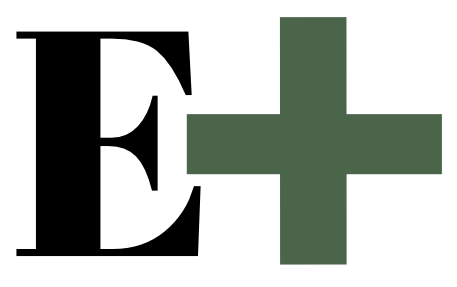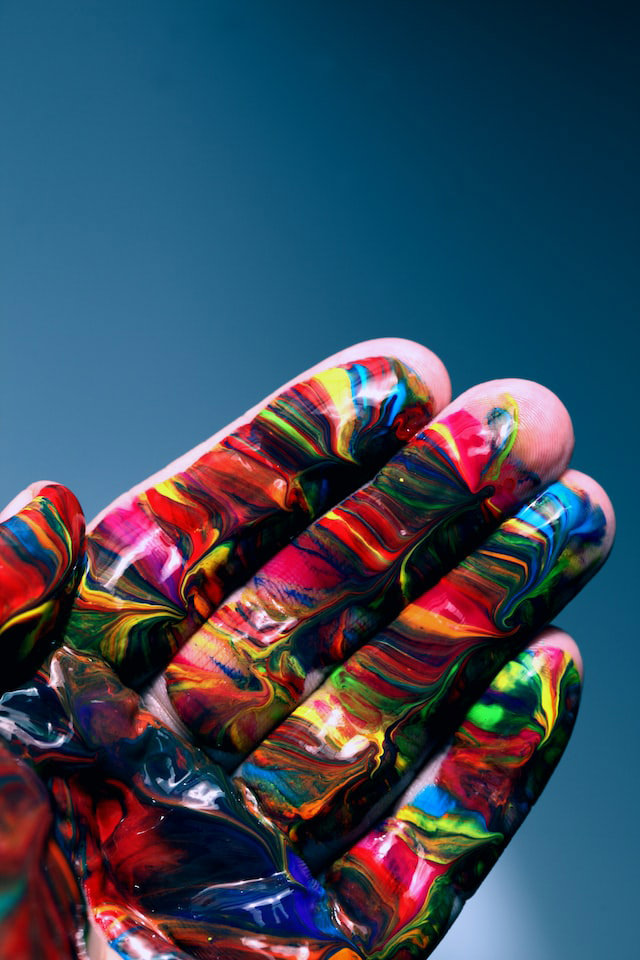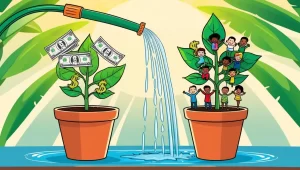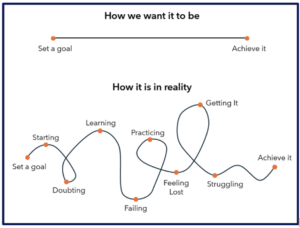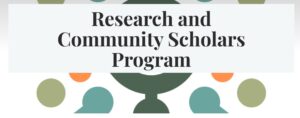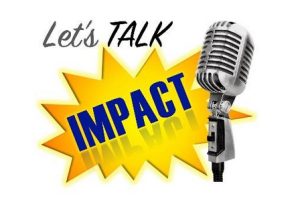Reaching one’s full potential is a universal and, perhaps, elusive goal and was something I found myself questioning several years ago. The COVID-19 pandemic was surging and had given me a taste of working from home. As I questioned what things in life were important to me, how I could contribute positively to the world, and what type of work would fulfill my curiosity and love of learning, I kept coming back to evaluation. Now, I’m helping our partners examine and find answers to their own tough questions.
Just like people, organizations or particular projects can also get stuck and realize the need for change, but it’s hard to know where to start (and even harder to actually start). Having a partner to help you reflect on what you’re doing, why you’re doing it, and how, can help you see your work in a new light and reignite your passion to problem solve. This is what evaluators do every day! But we need more of them to help drive effective solutions to vexing problems. This includes people who may not recognize themselves as evaluators, but know how to generate deep insights and knowledge about the balance of power, relationships and experiences of the people living in their own communities.
And the more people with different life experiences, perspectives, and ideas who enter the field of evaluation, the more effective we can be at solving the many, complex problems that exist today. If life-saving cancer screenings are not being accessed by certain communities, for instance, we need to know why and how we can improve those screening rates to save lives.
The most important quality necessary in becoming an evaluator is to have a curious mind. We’re constantly asking why. Why are we doing it this way? Why haven’t we tried this approach? The idea is not to disrupt a process for disruption’s sake but rather to question assumptions. Maybe there’s a better way. Maybe we should try another approach. Maybe we need to hear from others we haven’t consulted before.
One of the hallmarks of effective evaluation is not to just focus on outcomes but to look closely at short-term goals, too. When we do that, we can change course when necessary and figure out a more effective way forward. Being an evaluator means trying new things. What works for one group or project may not be right for another. And that’s okay. It’s the nature of the work. The emphasis should be on developing tools to help people move to the next phase and not focusing on reaching the ultimate answer immediately.
Getting there requires access to tools and resources, and there are a lot out there. Build your personal library of these tools and have them ready when you need them. Evaluation can be very personal and unique to the group you’re working with so it’s helpful to have a variety of tools at your disposal.
Being genuinely curious and becoming proficient with the tools available will get you a long way down the road but your own fulfillment and success will be linked to knowing your own values going in. What projects and clients will you choose to work with? Those who follow a human centered design orientation, as I do, listen closely to diverse voices. More voices are needed at the table to develop new ideas and better approaches to problem solving.
Starting out can seem intimidating but if you ask trusted colleagues for advice or work with a mentor, you will build confidence. But there’s no better incentive for continuing your own quest to evolve as an evaluator than seeing your clients discover what actually works.
Kristen Gardner-Volle, MS, is a Research & Evaluation Associate for Evaluation Plus.

